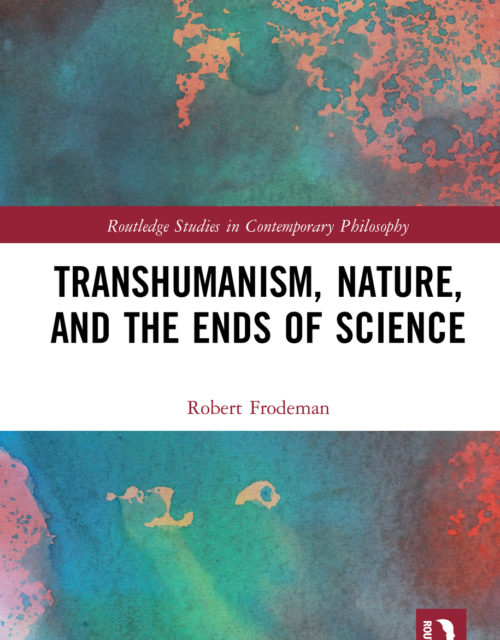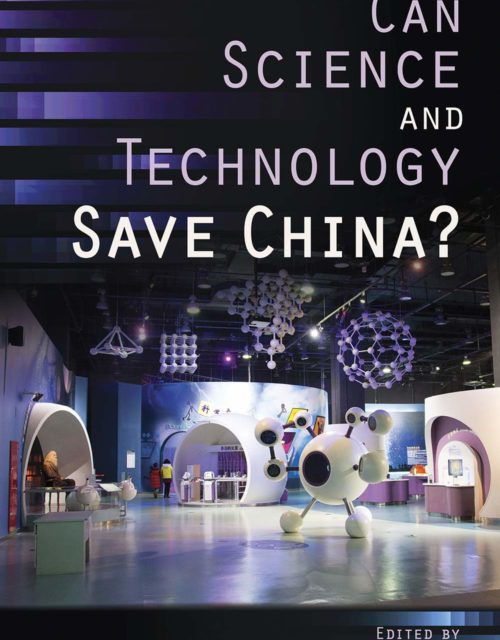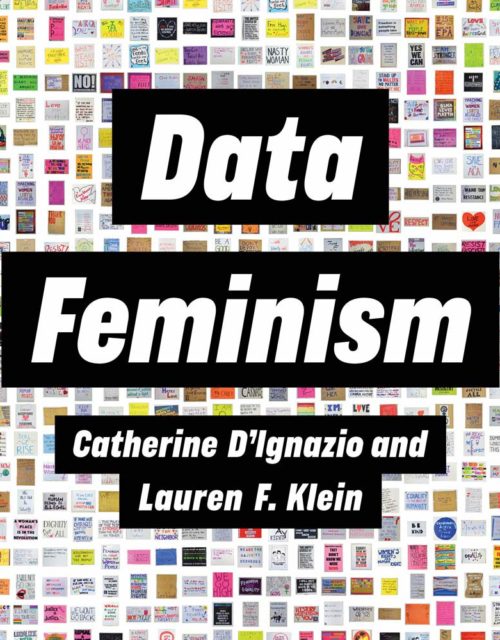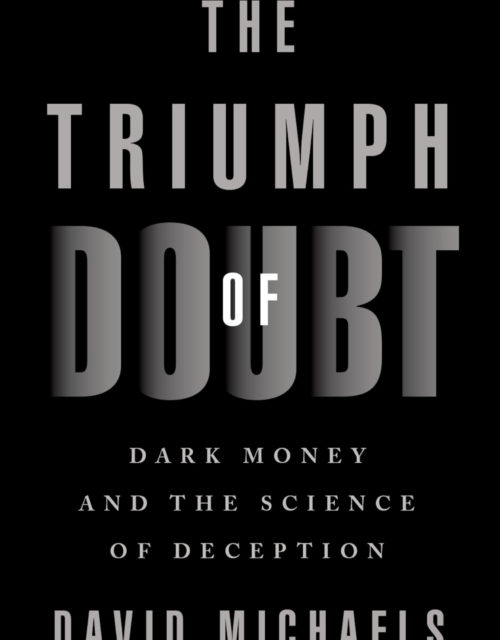Who Benefits From Science?
Advancing science and technology without regard to outcomes—as a new $100 billion technology bill introduced in Congress proposes to do—is relatively straightforward. Advancing science and technology in a way that helps to address the knowledge and innovation needs of the nation is much more difficult. But that’s the sort of challenge that today’s civil and political unrest (and the legacy of neglect on which they build) indicate should be at the center of how policy-makers organize public investments in science and technology.
Editor's Journal
The Science Policy We Deserve
Read MoreScience policy centers have come and gone over the past few decades, all aimed at providing analysis that can support decision-making about a variety of issues in science and technology. But such centers are expendable: no one really cares about science policy analysis unless it provides more reasons for getting more money into the research system.
Forum
Rebuilding the Ivory Tower?
Read MoreThe Autonomy and Integrity of Science
Read MoreIncreasing Diversity in STEM Faculty
Read MoreThe Future of American Higher Education
Read MoreRisks and Rewards of Gene Editing
Read MoreCutting Carbon in California
Read MoreRethinking the Green Revolution
Read MoreDo Science Fairs Need Reinventing?
Read MoreForum – Summer 2020
Read More

Gallery
Naming Nature
Perspectives
Socrates Untenured: New Wine and New Bottles
Read MoreCreating a new future means changing our institutions and social relations. But it also means reviewing what philosophers call our fundamental ontology—the basic categories we use to think about our challenges, and the basic ways we find meaning in our lives.
COVID-19 and the Futility of Control in the Modern World
Read MoreWhat the pandemic seems to show is that all our tools for acting in the face of massive uncertainties have added up to much less than the promised quality of control. It has become clear, indeed, that in the face of this well-foreseen challenge to our well-being, human capacities to steer our world based on our understanding of it exist largely in our imaginations.

Interview
“This Is Everybody’s Issue”

Gallery
Around Nature
Features
The Race to the Top
Read MoreWhy is it that neoclassical economists have failed to see the impact that foreign competition has had on the economic growth of the United States and the United Kingdom? I think the answer is that at the center of neoclassical economic growth theory is still the assumption that the market economy is one of perfect competition.
Save America’s Dying Cities
Read MoreThe nation has actively pursued “urban renewal” and “slum clearance” since the Great Depression, and “innovation hubs” and “tech corridors” more recently, yet not one consciously devised revitalization solution has stemmed decay in any significant way.
Public Value Science
Read MoreIn an economic environment characterized by growth but also by extreme inequality, science and technology not only reinforce inequality but also, in some instances, help widen the gap. Science and technology can be a regressive factor in the economy.
Can Automated Vehicles Prove Themselves to Be Safe?
Read MoreWith more than 40 companies racing to put automated vehicles on the road, why does commercial availability seem always just over the horizon? Safety is among the most compelling arguments for automated vehicles, and yet safety remains a major hurdle for their development.
The Great Fish Pain Debate
Read MoreDo fish feel pain? For over 50 years, this question has been the focus of multiple scientific careers and consumed countless hours of research, debate, and reflection. But a different and related question has received far less attention: how and why did fish pain come to be a contentious scientific question in the first place?
Whose Drugs Are These?
Read MoreRadar, penicillin, the atomic bomb—these technologies helped win World War II, in large part because the US government supported their development. Today, the nation faces a new enemy in COVID-19, and fresh questions about how government support can help develop drugs and vaccines as quickly, effectively, and affordably as possible.
Book Reviews

A Scathing but Empty Critique
Read MoreWhat transhumanists envision is not reordering nature, but a far more expansive program entailing nature’s radical reconstruction or even abolition. Constructed or virtual reality should supplant an indifferent nature as the principal context in which humans live and have their being.

China as Mirror
Read MoreIt has become common for Americans to demonize China as a dragon of economic and viral infections that needs to be taught a lesson. The contemporary American love-hate relationship with China is thrown into new relief when it comes to science and technology.

Doing the Work
Read MoreWhen it comes to reform, Data Feminism underscores something those of us doing the work know to be true: the policy-making process is inherently messy, but the best way to make it more manageable and equitable is to ensure the broadest possible participation in the formulation of the problem, as well as the implementation of the solution.

Complicating the Narrative
Read MoreWe should stop trying to convince people that good science can somehow enshrine a policy with “objectivity” or “validity.” We should instead remind people that that the role of the discerning citizen requires critical reasoning across a wide range of considerations, perspectives, value judgments, and disciplines.

